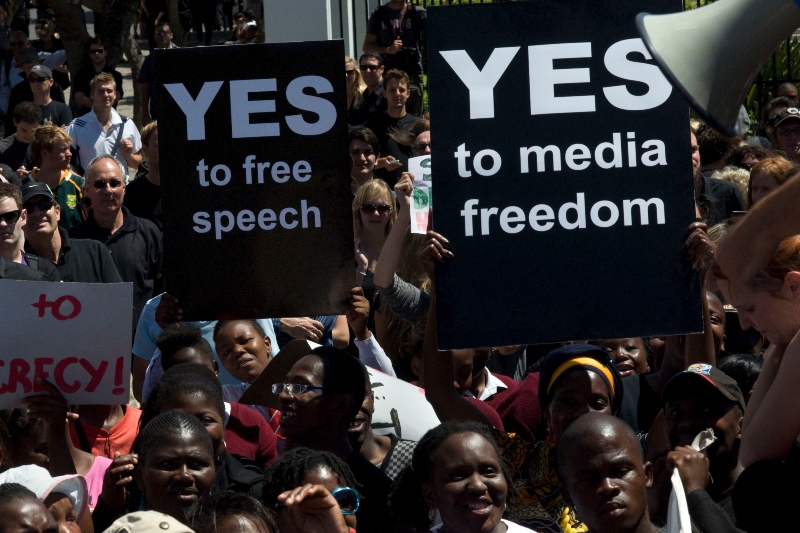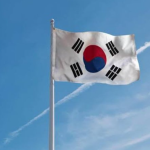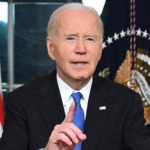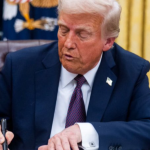
the two part formula for securing freedom of expression
 Southern Africa – Supporters for media freedom rights say countries in the Southern Africa Regional Bloc, SADC, are establishing prohibitive cyber laws that hurt freedom of expression and journalism.
Southern Africa – Supporters for media freedom rights say countries in the Southern Africa Regional Bloc, SADC, are establishing prohibitive cyber laws that hurt freedom of expression and journalism.
In a mixture forum on the situation of internet guidelines, Tabani Moyo, the head of Media Institute of Southern Africa, stated his association is concerned over a trend toward less tolerance for dissent and journalism in the nation.
Moyo added that the trend started in 2020 after a conference of SADC leaders tried to resolve and take measures against what they called external impedance, the effect of fake news, and social media abuse.
Moyo added, “In the wake of this decision, we have seen a perilous unison towards crackdown of online expressions,” “various southern African nations proceeded with speed to think of what they alluded to as cybersecurity regulations and policies.
Related Posts
The impacts have been generally noticeable in Tanzania, where the Uhuru newspaper was discontinued in August for publishing what officials called a fake story stating President Samia Suluhu Hassan would not campaign for elections in 2025.
In September, Raia Mwema, a Swahili-language newspaper, was banned for 30 days as it was accused of spreading deliberate incitement via fake stories.
Lungu, Zambia’s administration utilized cyber laws to obstruct social media content on the pretext the opposition was doing offences with its posts on Facebook or Twitter.
SADC secretary Elias Mpedi Magosi supported the step toward more grounded internet and social media laws.
However, Zimbabwe’s Information Minister Monica Mutsvangwa declared this week that the authorities had set up a cyber group to monitor what individuals send and receive on social media, a move which many rights groups criticized.













